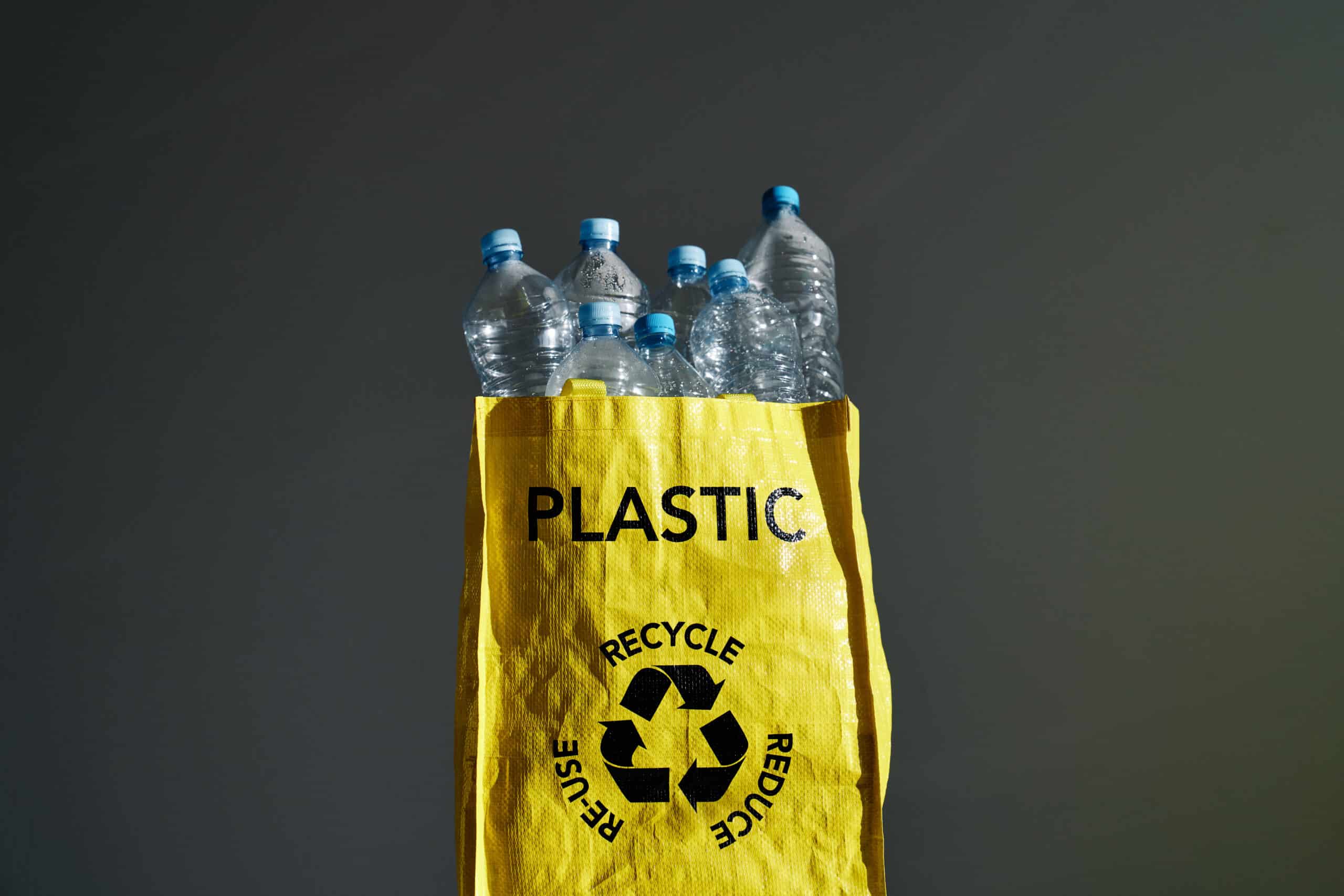
Litter
Litter remains a major problem. Every day more and more items, often disposable, are produced that end up on the streets or in nature. Litter causes significant damage to the environment. It can disrupt ecosystems, threaten biodiversity, cause soil and water pollution and harm animals that ingest or become entangled in the waste. A coordinated multi-level effort is needed to address litter, from increased citizen awareness to stricter enforcement, with Fair Resource Foundation committed to better regulation and infrastructure for waste collection.
the right tools to prevent littering
Since litter such as cigarette butts, plastic bags, bottles and cans, packaging take years to break down, they have plenty of time to cause damage to our environment. This poses a serious threat to ecosystems and our health. This problem is increasingly recognized and society wants this to change. Unfortunately, voluntary agreements by industry so far offer little to no solution. But there are solutions, and we are working on them!
Prevention is essential in addressing litter. We need to start turning off the tap to stop the litter problem. That is why we are working on various interventions that reduce litter. Consider assigning value to waste products by charging deposits and making producers contribute to the cost of litter through extended producer responsibility (EPR). Reuse systems also prevent litter by moving from being disposable products to packaging that lasts longer and is made to be reused.

CIGARETTE FILTERS
Fair Resource Foundation is working on a project that focuses on the environmental damage caused by plastic cigarette filters and how a ban on filters can reduce this environmental impact. The plastic cigarette filter is the most common form of plastic pollution in number, leaking large amounts of toxins into the environment. In the Netherlands alone, billions of plastic cigarette filters end up in public spaces and the environment every year.
Even if 90% of people threw the filter in the trash, hundreds of millions still end up on the ground and in the water every year. It has also been proven that the filter provides only false security for the smoker. So a useless product designed to end up in the environment. Therefore, the goal is to achieve an international ban on the cigarette filter. We have launched several initiatives to ensure that cigarette butts are addressed, for example as part of the Plastic Butts Collective.
Latest publications
About Litter
Litter
Want to know more about this topic?
